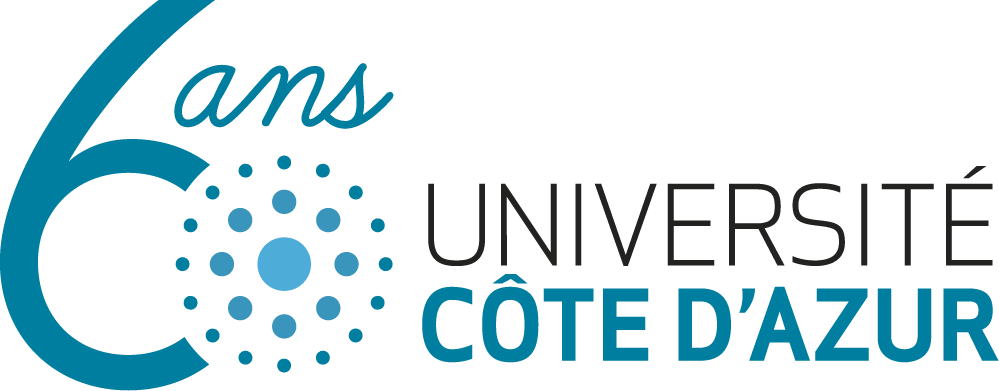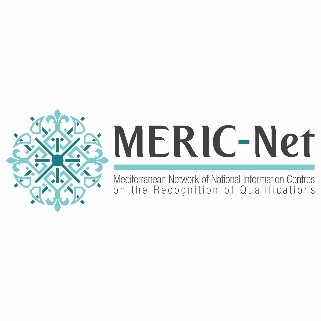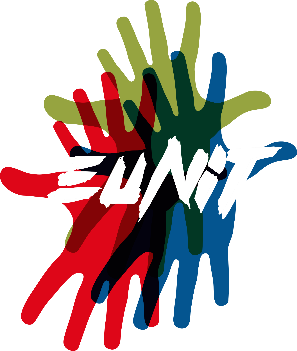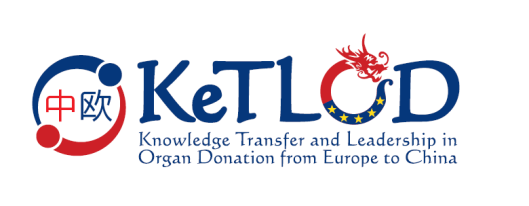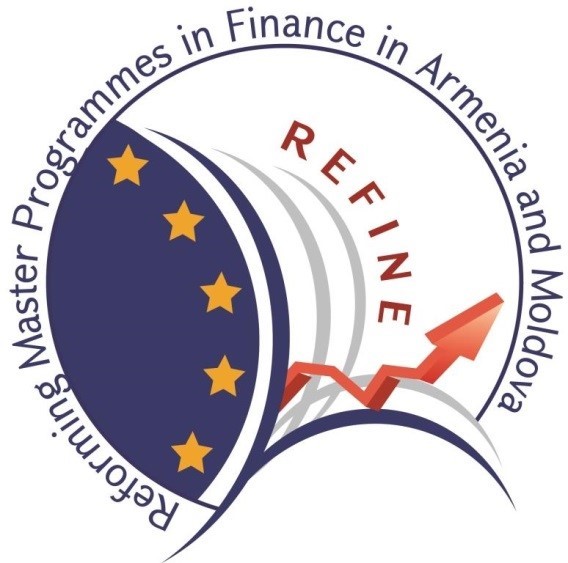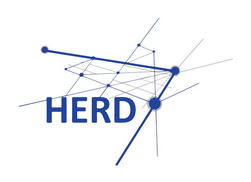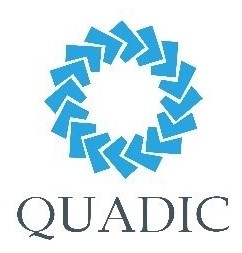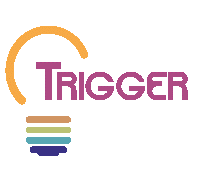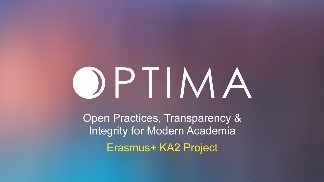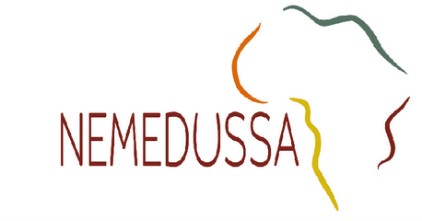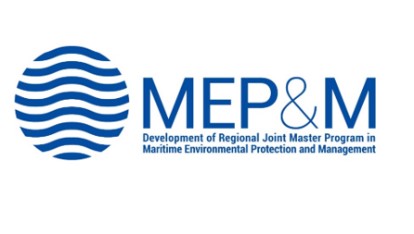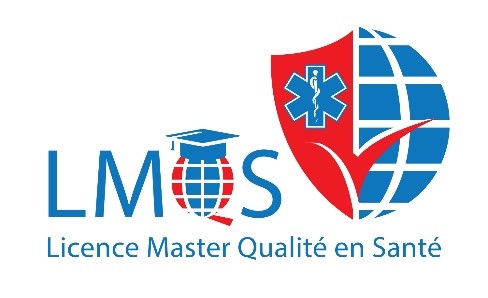ERASMUS+ : Capacity Building
The Capacity building projects of the Erasmus+ program aim to encourage cooperation between the EU and partner countries and help eligible partner countries rise to the challenges of managing and governing their higher education institutions. This implies improving the quality of higher education, developing new innovative educational programs, modernizing higher education systems through reforms, and encouraging cooperation between the different regions of the world through shared initiatives
- Be Global
-
Become a Global Citizen through Global competence and Internationalization for Society
BeGlobal is a 3 years project which aims to develop the capacities of internationalization for society, and citizenship skills of Colombian and Chilean universities and individuals, through the exploitation of the trendy digital tool of the Serious Game. After the capacity transfer and trainings, Latin American students will be able to develop their own Serious Game scenario, using the identified SDG local challenge, which will be later on exploited by the society at large. The project will also enable Staff to develop 4 pilot projects sustaining the internationalization for society goal. Duration: 2024 - 2027
BeGlobal: soon
- UNICATION
-
Unify communication by international projects in Cambodia and Philippines
Unication is a distinguished project of a 2 years duration which target Cambodia and Philippines needs in internationalization, to support and improve their capacities in different sectors of universities’ internationalization. The project will allow the training and development of best practices for international project building and management; internal, and regional institutional communication, including with foreign institutions. South Asian universities will finally develop the basis of their own international projects. Duration: 2024 - 2026
UNICATION: soon - MERIC-NET
-
Logo projet MERIC Net Logo projet MERIC Net Mediterranean Network of National Information Centres on the Recognition of Qualifications
The objective of the MERIC-Net project is to reactivate the MERIC (Mediterranean Recognition Information Centres) network with the aim of improving the recognition of qualifications in the southern Mediterranean countries, and increasing vertical and horizontal mobility in the higher education institutions in these countries. This involves improving the skills of qualifications evaluators by defining common practices and tools among European and South Mediterranean countries, national organizations, European institutions, while drawing on the experience of qualification establishments. higher education and practices adopted by the ENIC-NARIC centers.
MERIC-Net
- EUNIT
-
Logo du projet EUNIT Logo du projet EUNIT European project design and management In the South Mediterranean region
EuNIT is a European project which aims to expand the international activity in South Mediterranean higher education institutions (HEI) over 3 years (2016-2019). The project has16 partners and 6 associate partners, including Croatia, France, Italy, Jordan, Lebanon, Libya and Spain. It received 1 million euros in joint financing from the Erasmus+ program.
EUNIT
- KETLOD
-
Logo du projet KETLOD Logo du projet KETLOD Knowledge Transfer and Leadership in Organ Donation from Europe to China
Implementation of a graduate program on organ donation, suited to the needs of Chinese health professionals and tailored to the characteristics of the Chinese higher education system.
KETLOD - ENINEDU
-
logo du projet ENINEDU Logo du projet ENINEDU Enhancement of Higher Education and Corporate sectors integration in accordance with new social environment
The general objective of the project is to increase cooperation between corporations and Higher Education Institutions in consortium countries.
ENINEDU
- REFINE
-
logo du projet REFINE logo du projet REFINE Reforming Masters programme in Finance in Armenia and Moldavia
The overall objective of this project is to improve the quality and relevance of six existing master programs in Finance in Armenia and Moldavia through targeted reforms.
REFINE - HERD
-
logo du projet HERD logo du projet HERD Raising Research Capacity of Georgian HEIs through Developing R&D Units
The aim of this project is to support Georgian higher education institutions in improving their research and development strategy and their technology transfer capabilities by strengthening ties between universities and industry.
HERD - MINERVA
-
logo du projet MINERVA logo du projet MINERVA Strengthening Research Management and Open Science capacities of HEIs in Moldova and Armenia
The project aims to increase Moldavian and Armenian universities research effectiveness, quality and excellence and build their scientific research capacities, by proposing national, institutional and individual solutions. Current and future socio-economic needs of both countries will be considered along with best practices of the European Union.
MINERVA - IESP
-
logo du projet IESP logo du projet IESP Fostering Internationalization at Montenegrin HEIs through Efficient Strategic Planning
The IESP project aims to encourage higher education institutions in Montenegro to internationalize.
Identifying internationalization models among the European partners will enable each Montenegrin institution to develop an internationalization strategy. This project involves transferring best internationalization practices between partners, developing staff training programs for the internationalization processes and aims to introduce practical tools such as a course catalogue in English and Summer Schools.
IESP - QUADIC
-
QUADIC Erasmus + Université Cote d'Azur Quality development of international cooperation and project management
The QUADIC project aims to develop the quality of international cooperation and project management of Kosovar and Albanian higher education establishments through the establishment of a precise, unique and specific internationalization strategy, responding to the needs of each establishment. This project aims to implement and develop the international relations and project management departments of partner establishments. Numerous actions will be carried out for this purpose over 3 years: the training of administrative staff and teachers in the management of mobility and international projects, the mastery of new equipment and new specific IT tools, the establishment of a network between partners aiming to develop lasting collaboration: so many tools and methods aimed at intensifying the international activity of Kosovar and Albanian partners through the transfer of good practices. - TRIGGER
-
TRIGGER Erasmus + Université Cote d'Azur Triggering innovative approaches and entrepreneurial skills for students through creating conditions for graduate’s employability in Central Asia
TRIGGER is a project funded by Key Action 2 'Capacity Building in the Field of Higher Education' of the Erasmus+ program. This project, which will last 3 years, from January 2021 to January 2024, aims to develop the entrepreneurial skills of students in order to strengthen the employability of graduates in Central Asia. This project, coordinated by the Technical University of Kosice, will involve several European partners: higher education establishments from France, Greece and Austria and partners from Central Asia (Tajikistan, Kazakhstan and Uzbekistan). By sharing good practices, this project will ultimately contribute to the socio-economic development of partner countries.
TRIGGER - OPTIMA
-
OPTIMA Erasmus + Université Cote d'Azur Open Practices, Transparency and Integrity for Modern Academia
The aim of the OPTIMA project is to improve the quality of higher education in Ukraine through the introduction of open practices and transparency in relevant content and services (open science, open peer review platform), and to modernize internationalization Ukrainian HEIs. This project also aims to introduce a new quality assurance mechanism - an open online peer review platform for transparent assessment of research results at academic conferences in Ukrainian higher education institutions. Université Côte d'Azur's role as a European partner is to share our institution's good practices in these areas with Ukrainian partners.
OPTIMA - NEMEDUSSA
-
NEMEDUSSA Erasmus + Université Cote d'Azur Nematology Education in Sub-Sahara Africa
The NEMEDUSSA project, coordinated by the University of Ghent (Belgium) aims to increase awareness of nematodes and develop teaching and research capacities in higher education and other institutions in sub-Saharan Africa in this area. Nematodes or roundworms cause significant damage and yield loss to a wide variety of crops. Unfortunately, nematodes are often overlooked or misdiagnosed, leading to the unnecessary use of unhealthy agrochemicals. Nematodes can also be used as biocontrol agents for insect pests and/or as biocontrol agents for environmental health and biodiversity.
NEMEDUSSA - MEP&M
-
MEP&M Erasmus + Université Cote d'Azur Development of Regional Joint Master Program in Maritime Environmental Protection and Management
The MEP&M project will last 3 years and aims to develop a joint regional master's program in protection and management of the maritime environment. Funded by EACEA under key action KA2 “Capacity building in the field of higher education”, it aims to achieve two main objectives: on the one hand to increase the skills and abilities of human resources of the Western Balkan countries in the field of protection and management of the maritime environment and on the other hand to strengthen mutual cooperation and competitiveness of HEIs of partner countries at regional and international levels.
MEP&M - LMQS
-
LMQS Bachelor's degree, professional Master's degree in open and distance learning for strategic quality management and health risk management
The LMQS project started in January 2021 and will last 3 years. This project aims to create/update new university courses in strategic management and health risk management in three partner countries: Russia, Kazakhstan and Azerbaijan. This project is associated with the regional public health priorities of these countries. The final goal is to promote the development of health safety and quality management of health care services in Russia, Kazakhstan and Azerbaijan by mobilizing personnel and training them in the practical application of necessary actions . Consortium members include academic and government institutions, as well as companies specializing in management and healthcare.
















